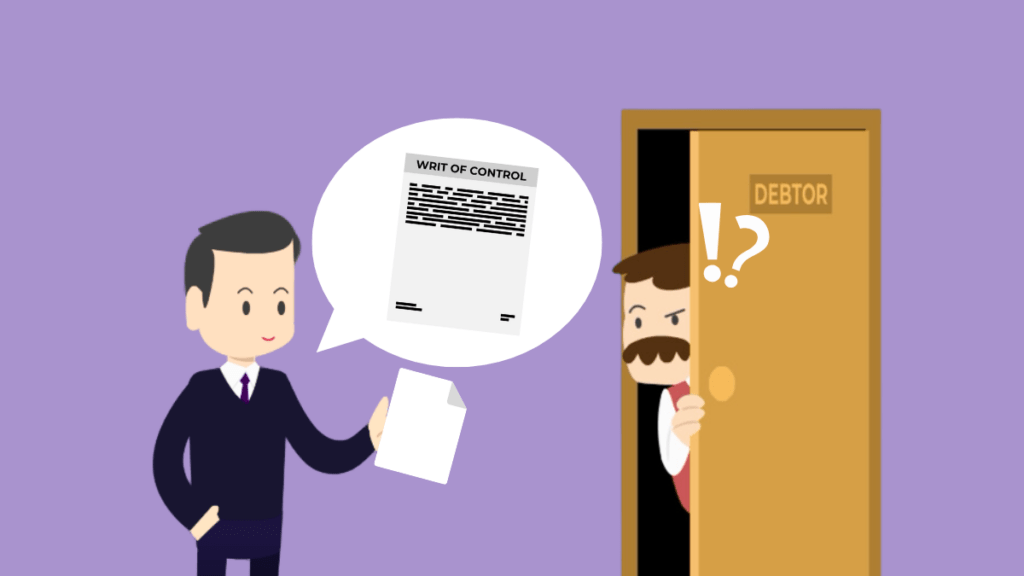Few experiences are as nerve-wracking as a visit from a bailiff, especially if you’re unsure of your rights or what they can lawfully take. Bailiffs, including certified bailiffs in London, are authorised to enforce court orders, but their powers are not unlimited. Understanding your rights during a bailiff visit is crucial to ensuring your property is not unlawfully seized and your peace of mind remains intact.
This blog explores your rights during a bailiff visit, the process they follow, and what items they can and cannot take.
Why Bailiffs Visit
Bailiffs typically visit to enforce debts that remain unpaid after legal proceedings. Common reasons include:
- Unpaid council tax or parking fines.
- Rent arrears.
- Business rates.
- County Court Judgments (CCJs).
- High Court writs issued for larger debts.
In London, bailiffs often deal with cases involving businesses, tenants, and homeowners in the city’s fast-paced legal environment.
Your Rights During a Bailiff Visit
When dealing with bailiffs, knowledge is power. Here’s what you need to know:
- Identification | Bailiffs must show proper identification, such as a badge or certification, and explain the purpose of their visit.
- Notice Period | They must issue a Notice of Enforcement at least 7 days before their visit, giving you time to settle the debt or make arrangements.
- Permissible Hours | Bailiffs can only visit between 6 am and 9 pm, unless court orders state otherwise.
- Limited Access | They cannot break into your home unless they are collecting unpaid criminal fines, tax, or court-ordered payments.
What Can Bailiffs Take?
Bailiffs are limited in what they can seize. They are generally allowed to take:
- Non-essential household items like televisions or gaming consoles.
- Luxury goods such as jewellery or artwork.
- Vehicles not required for work or valued above £1,350.
- Business assets that are not essential for day-to-day operations.
Certified bailiffs in London, often dealing with high-value cases, are trained to assess the value of items to cover the debt effectively.
What Bailiffs Cannot Take
Certain items are protected under UK law and cannot be seized by bailiffs, including:
- Essential household items, such as beds, cookers, refrigerators, and clothing.
- Tools of trade, if essential for your job and valued under £1,350.
- Children’s belongings, including toys and school supplies.
If you believe a bailiff is unlawfully attempting to take protected items, you can challenge their actions.
Step-by-Step: What to Do When a Bailiff Visits
- Stay Calm and Polite | Avoid confrontation. Keep interactions professional and request identification.
- Check the Documentation | Ensure the bailiff has the proper paperwork, including a court order or High Court writ.
- Negotiate Repayment | If possible, arrange to pay the debt or negotiate a payment plan.
- Do Not Let Them In | Unless they have legal authority, do not allow bailiffs into your home. You can speak to them through the door or a window.
- Seek Advice | Contact an organisation like Citizens Advice or Shergroup for guidance.
Types of Bailiffs and Their Powers
Different types of bailiffs have varying levels of authority:
- County Court Bailiffs | Handle smaller debts and cannot force entry.
- Certified Bailiffs | Recover council tax, parking fines, and similar debts.
- High Court Enforcement Officers (HCEOs) | Handle large debts and have greater enforcement powers under High Court writs.
In London, where disputes often involve high-value assets, certified bailiffs and HCEOs frequently collaborate to resolve cases efficiently.
Preventing a Bailiff Visit
The best way to avoid a bailiff visit is by addressing debts early. Steps you can take include:
- Contacting the Creditor | Many creditors are willing to negotiate repayment plans to avoid escalation.
- Applying for a Debt Relief Order | If eligible, this can prevent bailiff action.
- Seeking Professional Help | Debt advice charities and legal professionals can provide tailored support.
Bailiffs vs. Debt Collectors
It’s important to distinguish bailiffs from debt collection agencies. Debt collectors have no legal authority to enter your property or seize goods, whereas certified bailiffs can act under court orders.
For more information, check out our blog | Certified Bailiffs vs. Debt Collection Agencies: What’s the Difference?
FAQs
Can bailiffs take items belonging to my children?
No, items specifically belonging to children, such as toys and school supplies, are protected by law.
What happens if I refuse entry to a bailiff?
If you refuse entry, bailiffs cannot force their way into your home unless they have legal authority, such as for unpaid criminal fines or High Court writs.
How do I know if a bailiff is certified?
You can verify a bailiff’s certification by asking for their details and checking with the Ministry of Justice or the enforcement agency they represent.
Can bailiffs take my car?
Yes, bailiffs can seize vehicles unless they are essential for work and valued under £1,350.
Related Blogs for Further Reading
- Who Are Bailiffs and What Can They Do? A Comprehensive Guide
- How to Deal with Bailiffs: Tips and Advice for Homeowners
- Step-by-Step: How to Stop Bailiffs From Entering Your Home
Call to Action
Dealing with bailiffs can be stressful, but you don’t have to face it alone. Shergroup offers expert advice and legal solutions to protect your rights and navigate enforcement actions. Contact us today or visit Shergroup.com for professional support.
You can reach us |
By Phone | 020 3588 4240
Website | www.shergroup.com and you can chat to us from here
Email | hub@shergroup.com
Facebook | Check out Shergroup on this channel and message us
Twitter | Check out ShergroupChat on this channel and message us
LINKEDIN | Check out Shergroup’s LINKEDIN – and please FOLLOW us!
Instagram | Check out ShergroupChatter and
YouTube | Check out Shergroup YouTube Channel – and Subscribe to Our Channel!
Google My Business | https://maps.app.goo.gl/J1pUNBKfFv2SVnjQ6

